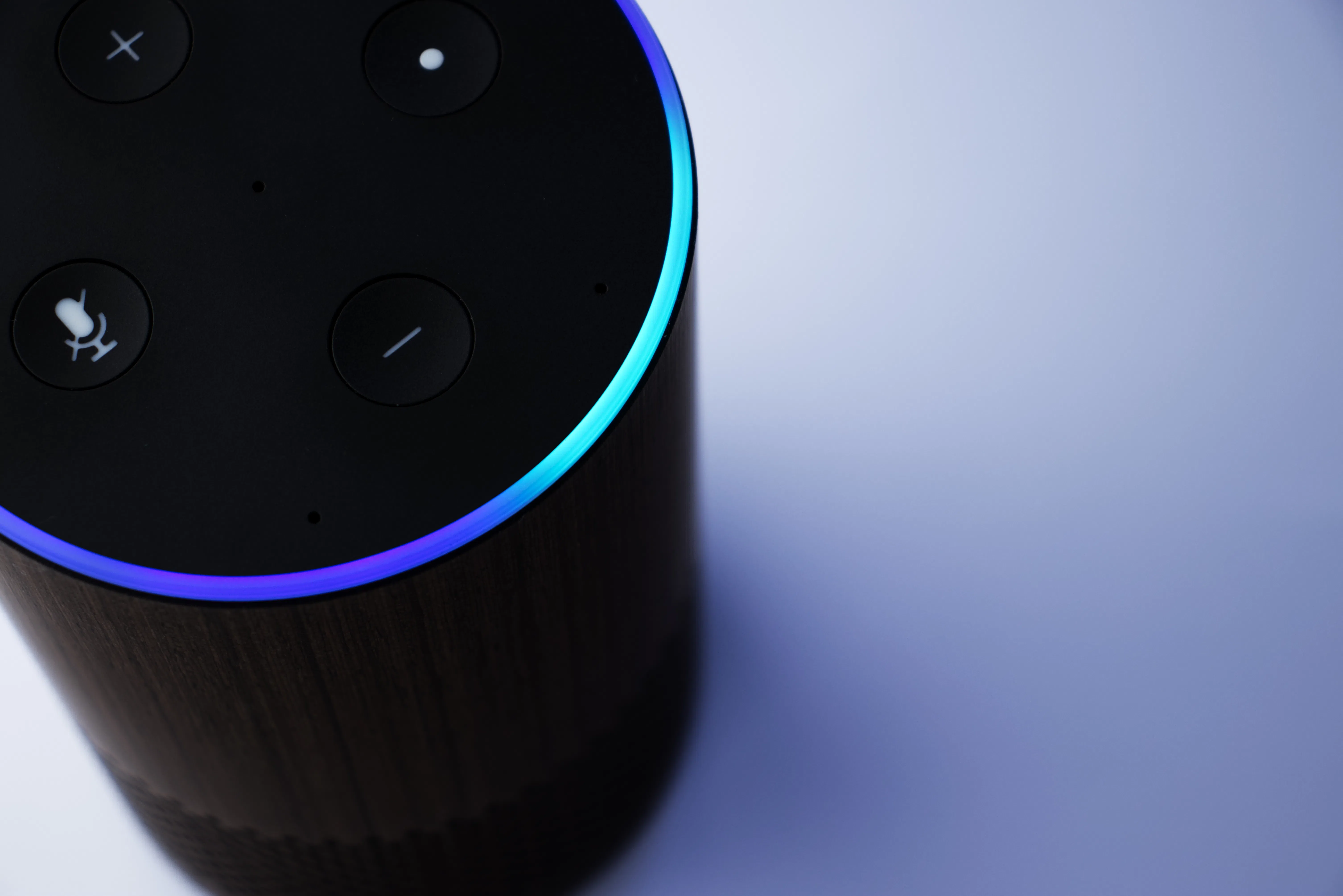How Can HVAC Contractors Get Involved With Smart Homes?
Emily Newton is the Editor-in-Chief of Revolutionized, an online magazine discussing the latest industry innovations and trends.
The HVAC industry may be on the verge of change. What homeowners and property managers expect from their buildings is shifting, and HVAC contractors will have to adapt to serve these new markets. One of the most important changes to stay up to date on is the growing smart home movement.
Smart homes, which feature extensive Internet of Things (IoT) technology throughout, are becoming increasingly popular. Experts predict there will be 478.2 million smart homes worldwide by 2025. These high-tech buildings improve energy efficiency and make everyday tasks easier, and they could be a profitable opportunity for HVAC contractors.
Why Should HVAC Contractors Care About Smart Homes?
HVAC professionals can’t afford to pass on the potential of this movement. End-users spent $151 billion on IoT solutions in 2018, and that figure will keep going up as more homes feature these devices. This trend could be highly lucrative as it gains momentum, and smart HVAC could lead its growth.
Home HVAC systems are the ideal use case for IoT technologies. Heating and cooling are typically among a house’s largest energy consumers, and IoT connectivity can ensure these systems use only as much power as necessary. As consumers start to care more about the environment, more will want to capitalize on that advantage.
Similarly, HVAC systems are often some of a homeowner’s largest expenses. The promise of reducing related costs through improved efficiency and remote operation is an enticing one. If contractors delivered these benefits through smart HVAC devices, they could stand to gain a considerable amount.
If nothing else, smart homes will likely become the standard in the future. As the industry shifts that way, contractors already familiar with these technologies will see early success. With all that in mind, here’s how HVAC contractors can get involved with this trend.
Taking Note of Consumer Trends
The first step in getting involved in this area is learning what homeowners want. Contractors will have more success selling clients on upgrading to smart HVAC systems if they understand how they can meet their needs. Knowing why people may desire IoT HVAC devices will make it clear how to apply them more effectively.
The most common reasons for wanting a smart heating or cooling system are energy efficiency and convenience. IoT devices can improve power consumption by monitoring energy use and temperature to use as little electricity as necessary, appealing to eco-conscious consumers. Features like integration with other devices and smartphone controls will entice tech enthusiasts.
HVAC contractors can check homeowner blogs and discussion boards to keep an eye on developing preferences and trends. When they know what consumers want, they can invest in IoT devices and expertise to achieve better results.
Growing Familiar With Smart HVAC Technologies
Contractors should familiarize themselves with what intelligent HVAC technologies are available in today’s market. Professionals know what problems homeowners may face and can look for products that solve them. They can serve smart home customers better when they understand what’s available and how it works.
Clients will have various needs, requiring different devices to meet them. For example, homeowners with ductless air conditioning will need ductless smart thermostats to work with their system. A traditional IoT thermostat may not be sufficiently compatible, limiting its usefulness.
Contractors should also understand different technologies’ wireless compatibility. Customers likely want systems that can work with their other IoT devices, narrowing down their options. Understanding how smart HVAC systems mesh with other technologies like Alexa, Google Assistant or IFTTT will help connect clients with the best solution.
Partnering With IoT Companies
As contractors look to understand the smart HVAC world more, they should look for partnership opportunities with IoT companies. The manufacturers behind these devices may have programs to become certified installers or authorized sellers. Pursuing these connections will help HVAC professionals learn more about what these systems have to offer.
Partnerships will also give contractors a level of expertise in managing these systems their competitors may not have. More homeowners may start looking for these certifications as the IoT becomes more popular. Pursuing them now can ensure HVAC professionals are equipped to serve tomorrow’s markets.
Working on New Smart Home Construction Projects
Contractors can look for opportunities to work on new smart home construction projects. Many consumers are gradually adding IoT systems to their houses, but most new builds feature built-in intelligent technologies. These projects give HVAC professionals a chance to gain experience installing IoT systems and seeing how they fit with a house’s other infrastructure.
In January 2021, new home construction hit its highest level since 2006, despite COVID-related slowdowns. Homeowners today are looking to build new, presenting the perfect opportunity for smart home growth. Contractors can offer to install these technologies in new houses from the beginning, pushing the smart HVAC trend further.
As contractors gain experience building smart homes, they’ll have evidence of their expertise to show customers. Whether clients want to construct a new house or add IoT functions to their current one, they’ll appreciate someone with demonstrable experience. Seeking these projects early will ensure HVAC professionals build their IoT portfolios before they become more in-demand.
Smart HVAC Is the Future of the Industry
As smart homes become more prominent, homeowners will expect smart HVAC systems. Contractors that get involved in these technologies now will be better prepared for this demand.
Within a few years, IoT HVAC systems could become the norm. If contractors wait too long to learn about these devices and how to install them, they’ll quickly fall behind the competition. Embracing this shift early will guarantee future success.

